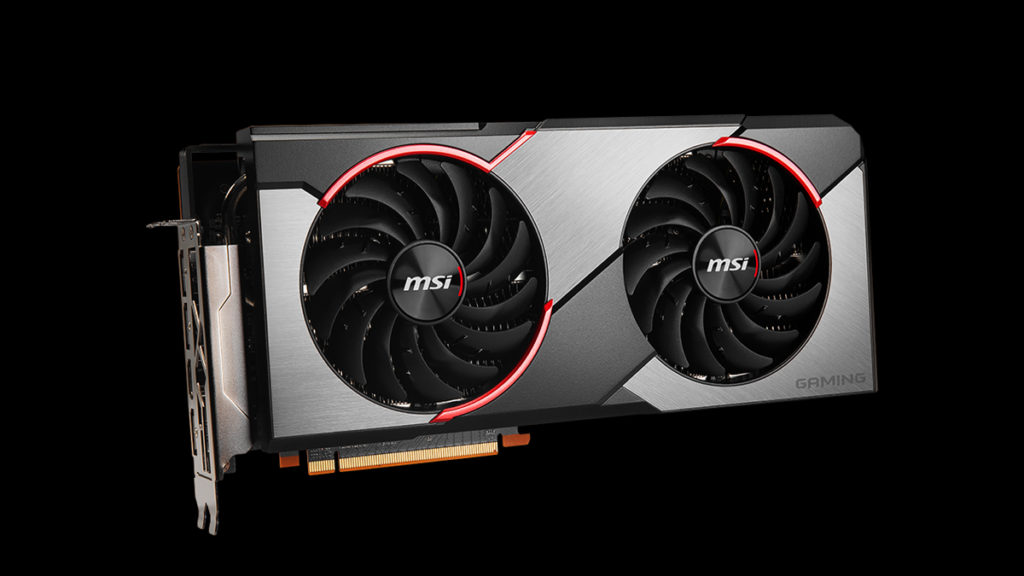image: MSI
In an attempt to squeeze some extra performance out of its new mid-tier GPU, AMD released an eleventh-hour vBIOS update that increased the Radeon RX 5600 XT’s power limit. This not only allowed for higher clocks, but a boosted memory speed of 14 Gbps. ASUS and MSI opted to release new variants instead of providing the software update for certain models, and the latter has explained why in a new video.
According to MSI’s Pieter Arts, the vBIOS update wasn’t a great idea because the memory featured in these cards were specifically designed and validated for 12 Gbps speeds. While 14 Gbps is doable (as reviews and other board partners have shown), there’s a lack of a guarantee there, which could lead to an RMA headache for MSI. Arts equated this to a game of “Russian Roulette.”
Funny enough, MSI did...
Continue reading...
